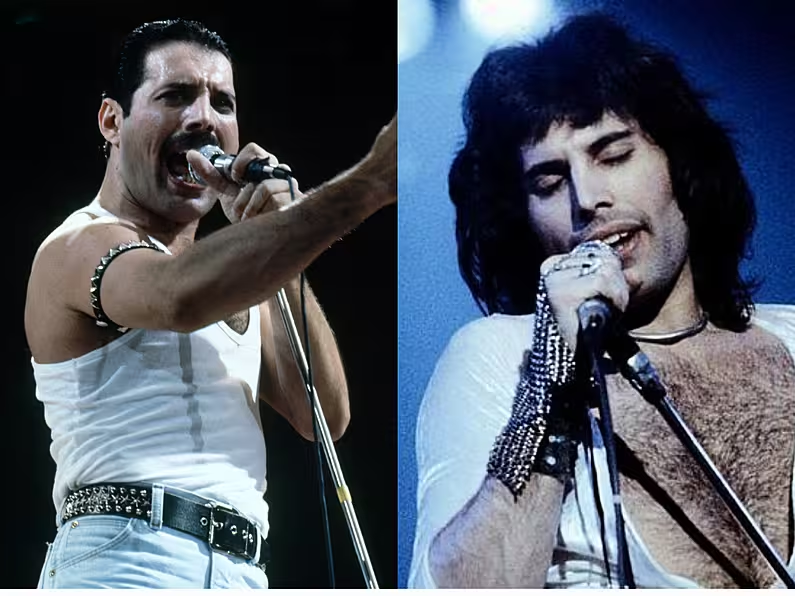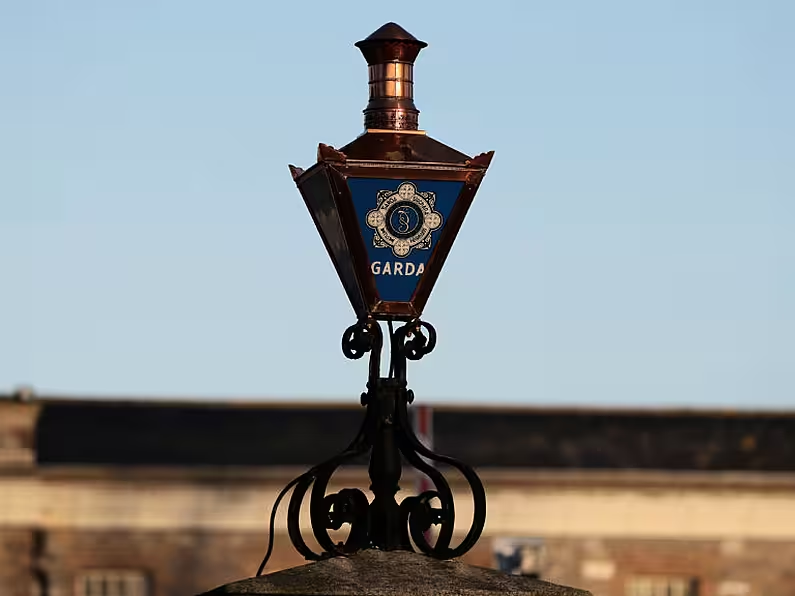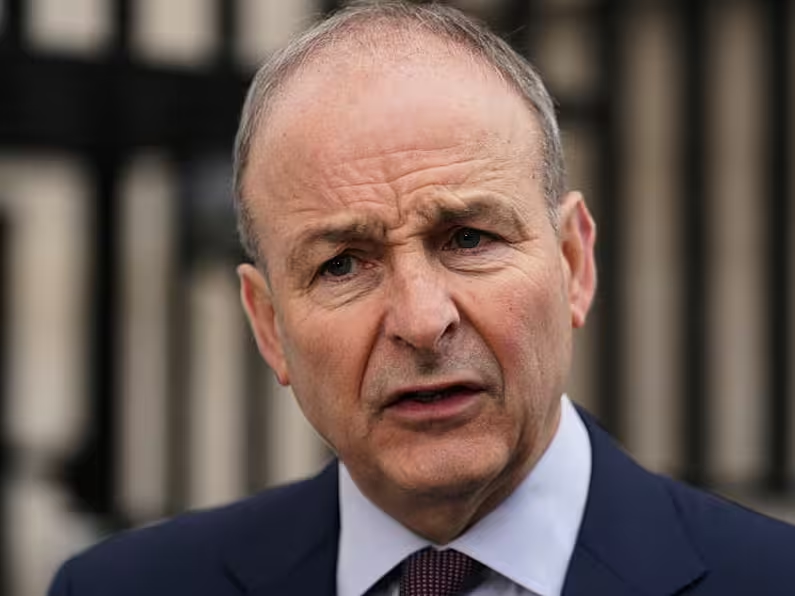Widely considered one of the greatest, if not the greatest front-man of all time, it's 30 years since Freddie Mercury died, aged just 45.
Mercury was born in Zanzibar on September 5th 1946. He was a British singer, songwriter, record producer, and lead vocalist of the the rock band Queen. In 1964, his family fled the Zanzibar revolution and moved to the UK. He formed Queen in 1970 with guitarist Brian May and drummer Roger Taylor. John Deacon later joined as bassist.
Freddie Mercury lit up the stage with his flamboyant outfits, theatrical performances, and an outstanding vocal range. He also had a solo career and served as a producer and guest musician for other artists.
The success of Queen
The band had hit after hit, many of which were written by Mercury; the sensational Bohemian Rhapsody, as well as Killer Queen, Somebody to Love, We are the Champions and Don't Stop Me Now.
Queen had been on the decline before they performed at the 1985 Live Aid concert. Their set that day at Wembley, and the interaction between Mercury and the crowd, is widely considered one of the greatest live music performances of all time.
The death of Freddie Mercury
Freddie Mercury died this day 30 years ago, on November 24th 1991 at age 45 due to complications from AIDS, at a time when the illness was still hugely stigmatised. He confirmed the day before his death that he had contracted the disease, following intense press speculation. He had continued to record with Queen until very close to his death.
In 1992, a tribute concert was held at Wembley stadium for Freddie Mercury, with performances from some of the greatest stars of the time including the remaining three members of Queen, Elton John, George Michael, Annie Lennox and Guns 'n' Roses. The concert, for AIDS awareness, was broadcast to 72 countries.
Accolades for Freddie Mercury and Queen
As a member of Queen, Mercury was posthumously inducted into the Rock and Roll Hall of Fame in 2001, the Songwriters Hall of Fame in 2003, and the UK Music Hall of Fame in 2004. In 1990, Queen won a Brit Award for Outstanding Contribution to British Music, and one year after his death Mercury was awarded it individually.














